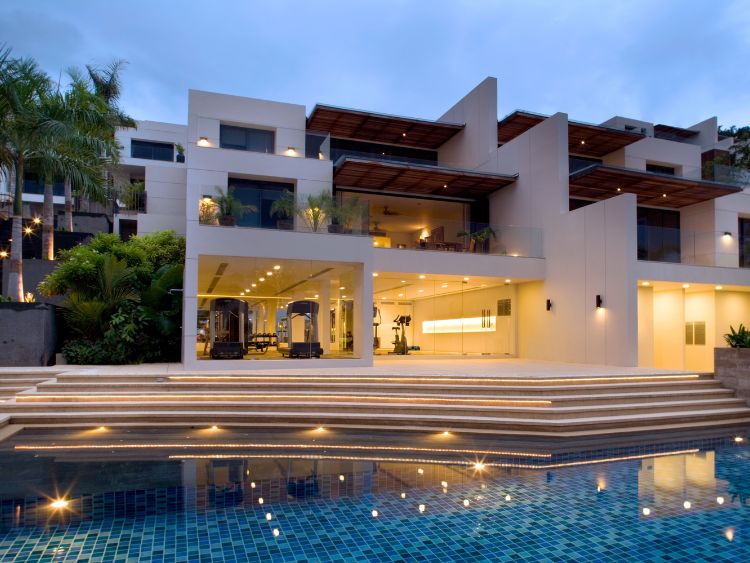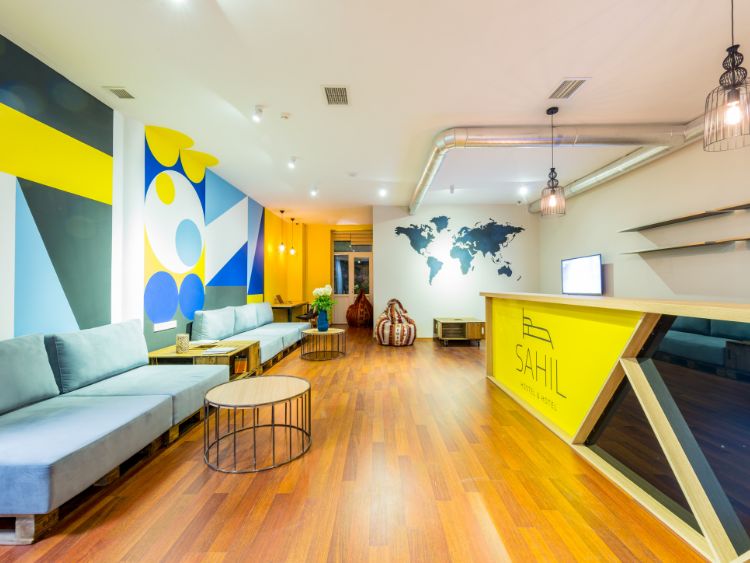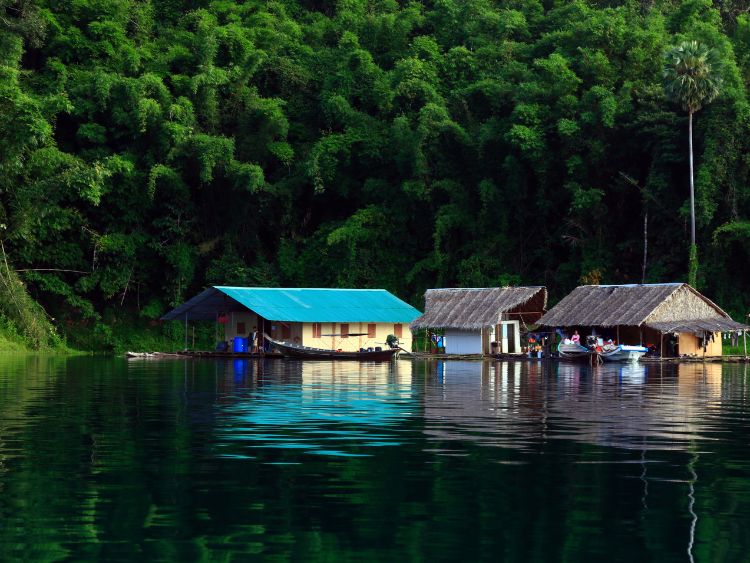Why do you travel?
Have you ever gotten that question? Or maybe you have asked it yourself?
What was your answer?
“Because!”
“We love it.”
“It is what we need to do.”
…
Answering this question turns out to be far more difficult than initially thought. Even if it is (somewhat) clear for you, explaining it to others – especially to those who are not infected by the travel bug – is a considerable challenge.
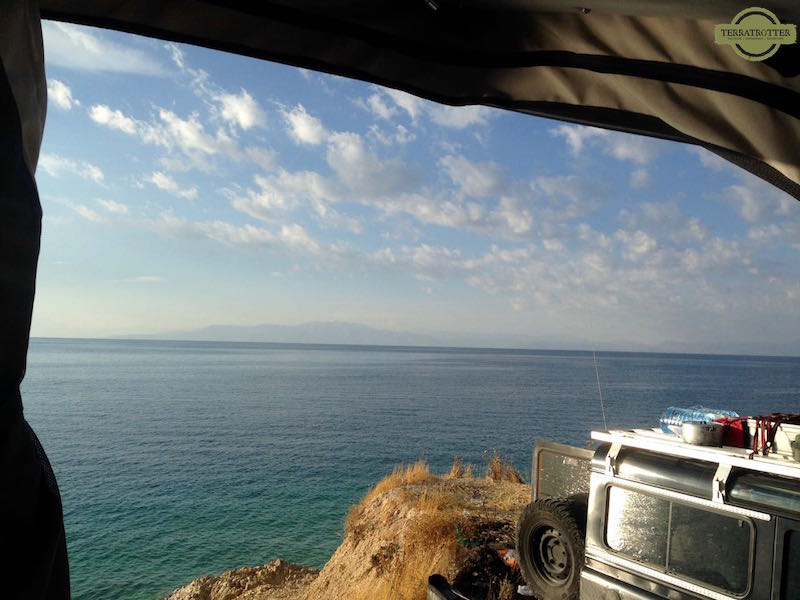
Is it simply a way to relax? Why not go fishing for a day or book a spa treatment instead?
Can we reduce it to the adrenaline rush we might feel? If that is the case, we can also go on a roller coaster ride.
What is the purpose of travel?
As a psychologist, neuroscientist and someone who loves to travel I had to find a better answer.
According to scientists
Researcher Filep Sebastian makes a strong case that “a fulfilling travel experience is not only about satisfactions. It is also about how personally meaningful we found our travel activities”.
The purpose of travel is connected with building social relationships, opportunities to learn and grow, and commitment. It gives us the chance to be truly engaged in an activity, to develop new skills and to discover new cultures. It brings us closer to ourselves and others.
In other words, all the things we need to increase our resilience!
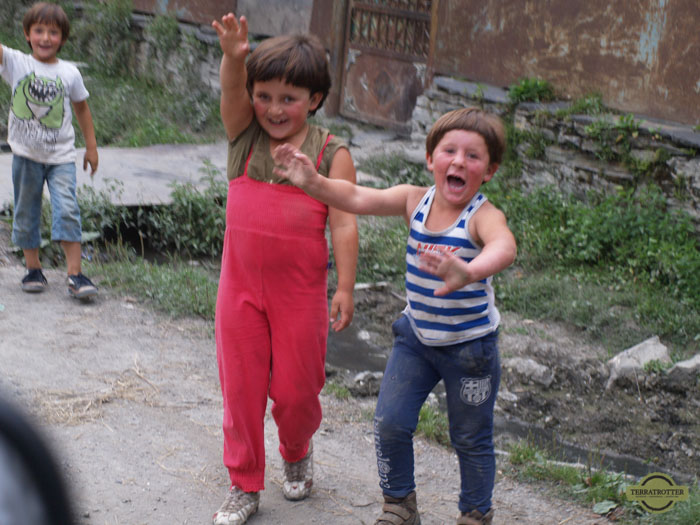
According to long-term travelers
Konrad Waliszewski asked long-term travelers why they travel. He received responses like:
“It has deepened my life”
“My perspective has shifted”
“It opens up your possibilities and your horizons and the kinds of conversations you can have, the kinds of experiences you can have”
“It changes how I see and interact with nearly every aspect of the world around me”
“I travel to learn”
“It provides context apart from me”
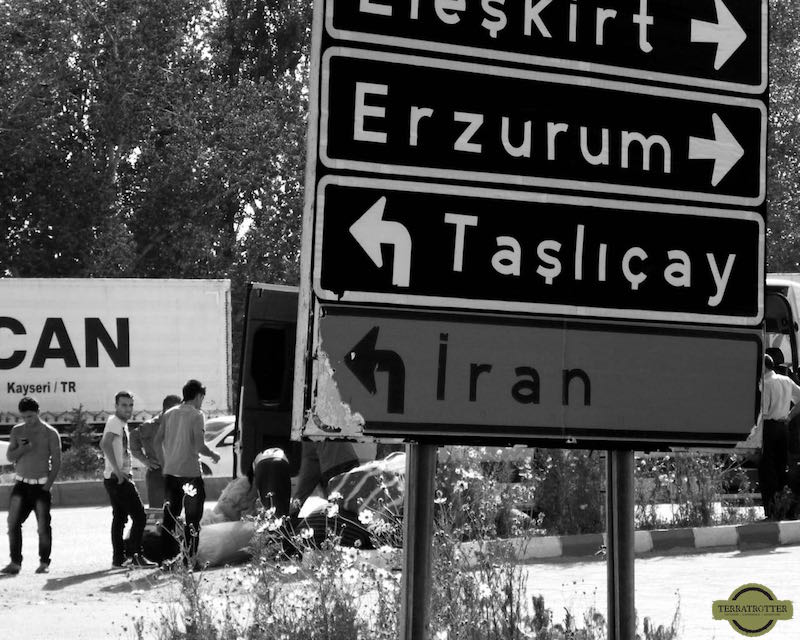
Our brain
Our brain filters constantly all the information around us. It decides how we experience and interpret the world. What we see, hear and feel depends not only on our senses. It also strongly build upon what we believe, value, know and on our ability to imagine alternatives. On top of all that our brain is developed for challenges; we need them to feel good.
By submerging ourselves in new cultures, environments, culinary traditions,… we enrich ourselves with new frameworks for comparison and give our world room to grow.
